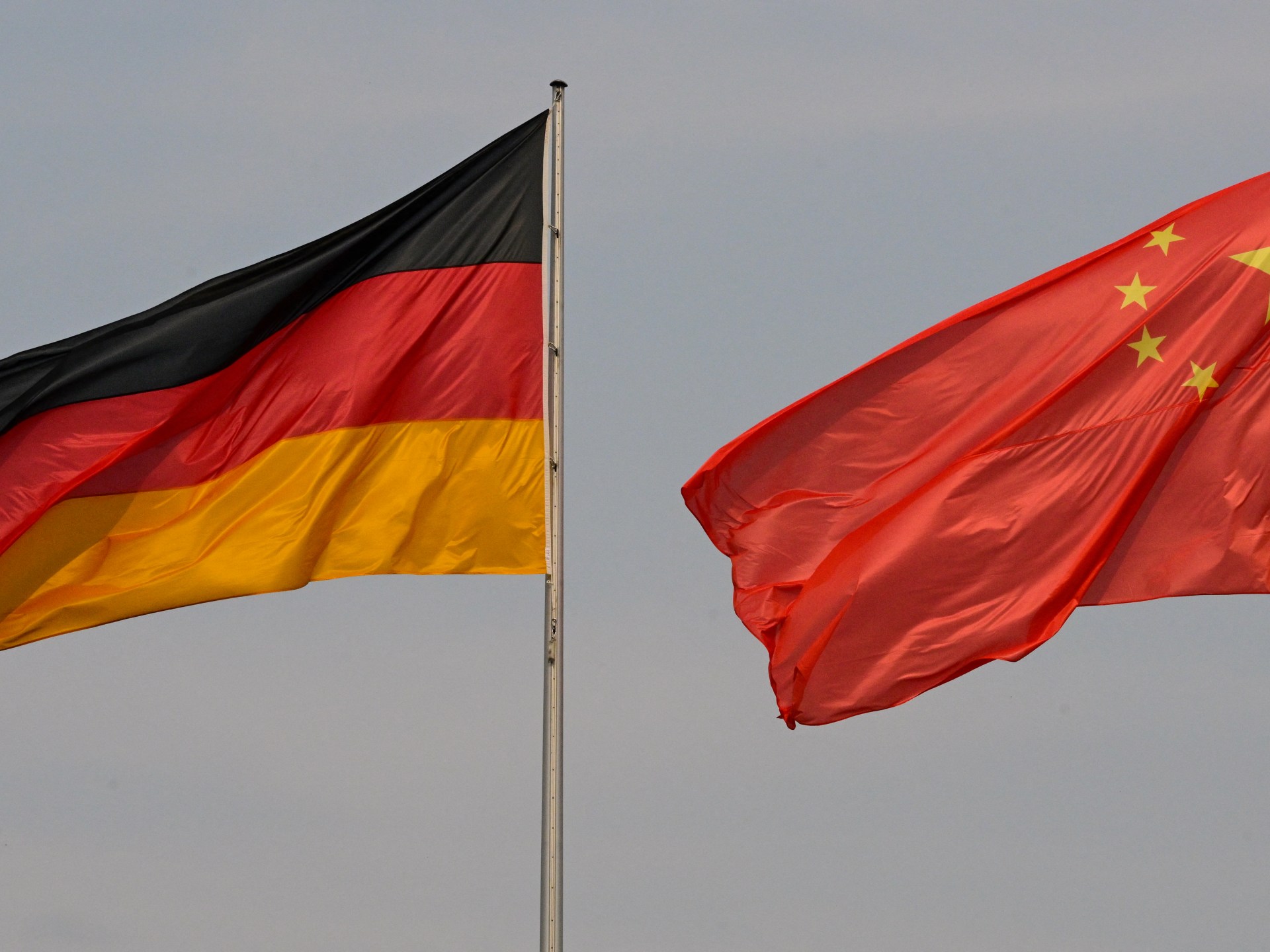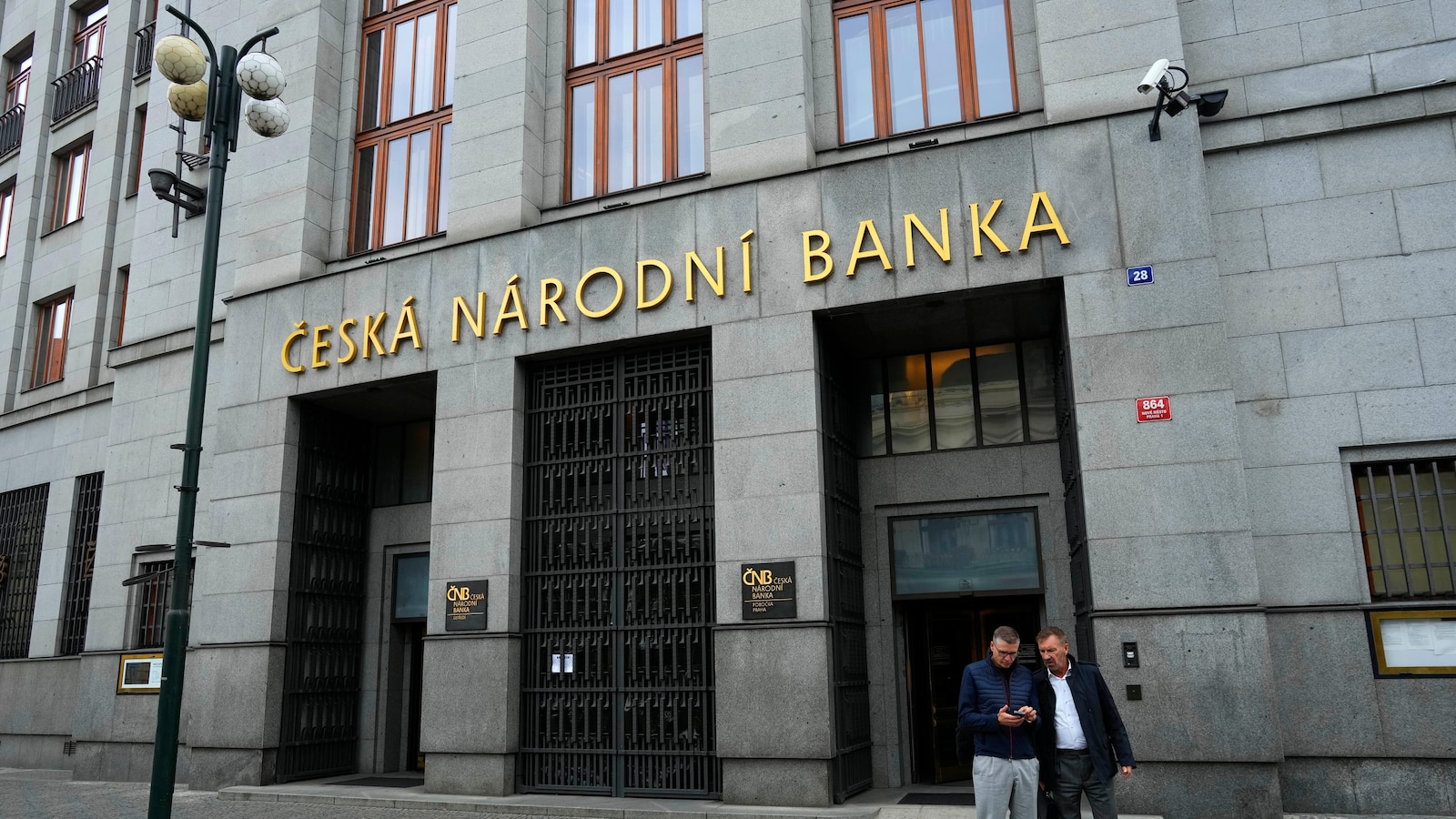Myanmar is gripped by the worst escalation in violence since the military seized power in a coup almost three years ago, the UN has said, with intense clashes taking place across a number of states and regions.
The UN said an escalation in the fighting that began late in October was “the largest in scale and most extensive geographically” since the military coup, and has affected swathes of the country.
The military, which seized power in February 2021, has struggled to control widespread opposition to its rule, including an armed resistance formed of pro-democracy activists. However, an operation launched recently in northern Shan state by an alliance of powerful ethnic armed groups, in coordination with newer anti-junta groups, has posed the greatest military challenge yet to its rule – and has galvanised opponents elsewhere.
The operation, led by a grouping known as the Brotherhood Alliance, made dramatic progress when it was launched on 27 October, seizing dozens of outposts and several towns along the Chinese border.
Myint Swe, Myanmar’s junta-appointed president, warned the country was at risk of breaking apart after the attacks, saying it was necessary to “carefully control this issue”.
Elsewhere in Myanmar, groups have sought to exploit the military’s vulnerability. In Rakhine state, in the west, where a ceasefire has been in place for a year, the Arakan Army opened a new front on 13 November, with fierce fighting continuing over the past week.
Operations by opponents of the military have also escalated in Sagaing region, as well as Chin state, bordering India, and Kayah state along the Thai border, where anti-coup fighters are battling for control of the state capital, Loikaw.
Khun Bedu, the chair of the Karenni Nationalities Defence Force, told AFP on Tuesday that the group, and the ethnic minority Karenni Army, were engaged in “very intense fighting” in the town. The groups, as well as newer anti-coup groups, were “in control in many areas”, he said, without giving details.
The UN has evacuated most of its staff from Loikaw owing to “aerial bombardment of the town and active fighting in urban areas”, a spokesperson told AFP.
Figures in the pro-democracy movement say the developments can be exploited by people’s defence forces, which were formed after the 2021 coup by pro-democracy activists to fight against the military. These groups have received support from more experienced ethnic armed groups, including those that make up the Brotherhood Alliance, which have greater resources and have fought against the military for decades.
Analysts say it is unclear if military opponents will be able to hold on to territory taken. Since the coup, the military has relied on indiscriminate air attacks and scorched earth tactics to suppress opposition, with UN-appointed independent human rights investigators in September reporting increased “frequency and intensity of war crimes and crimes against humanity”.
The United Nations Office for the Coordination of Humanitarian Affairs said the armed clashes “have expanded into more areas, including densely populated urban centres” in recent weeks.
More than 286,000 people have been displaced as a result of the recent surge in violence, it said, while 187 civilians have reportedly died and 246 have been injured. More than 2 million people have been internally displaced across Myanmar, according to the UN.
#Myanmar #fighting #worst #coup #Myanmar










Leave a Reply